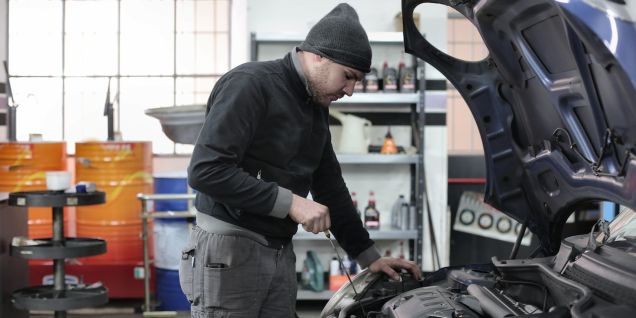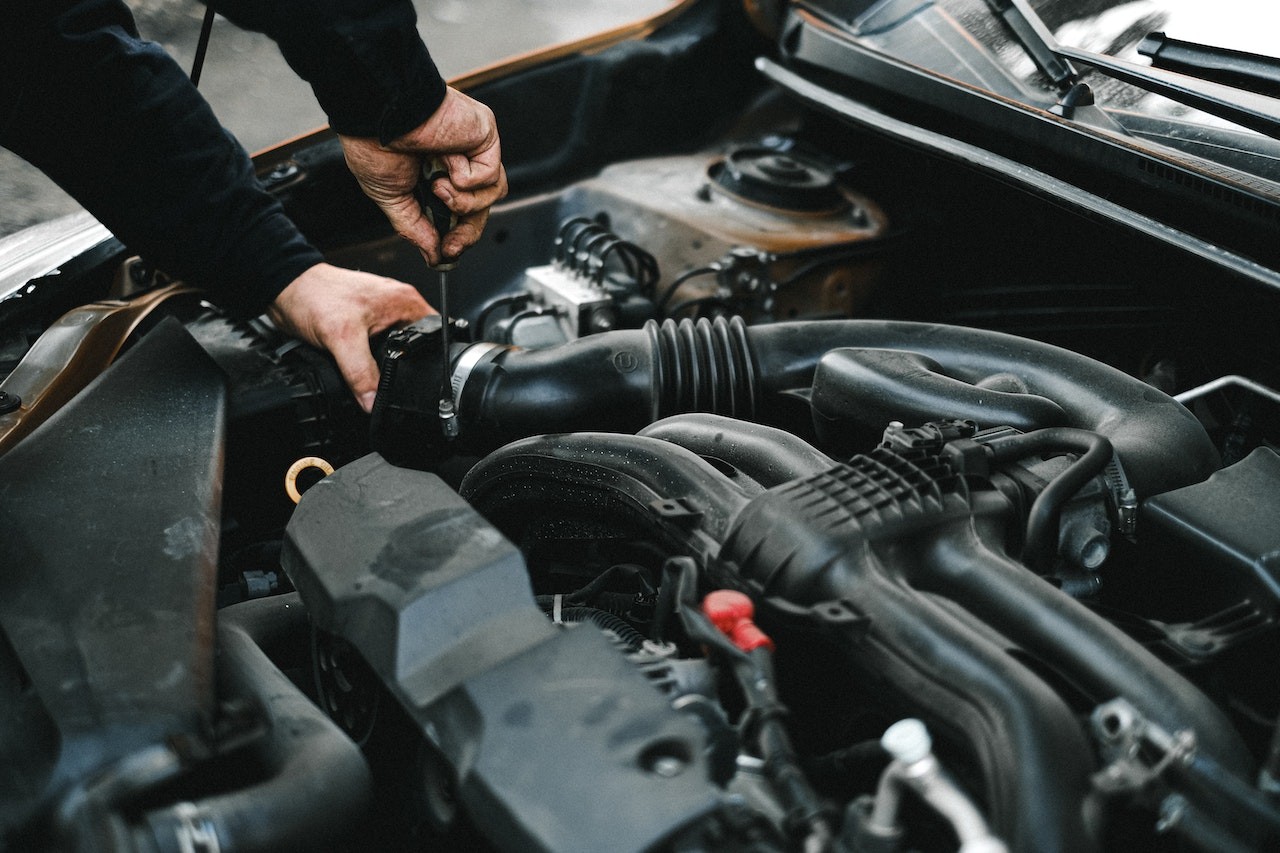Common Reasons Why My Car Won’t Start

It's among the worst things that might occur to a driver. When you crank the ignition key in your car, you can hear a few ominous noises before nothing happens. There is never really a good time for your car to not start, whether it is in the parking lot after dinner, in your driveway before work, or even at the rest stop after you have stopped for snacks.
It usually means that your car needs repairs of some type, and even if it doesn't, it puts a significant logistical burden on your shoulders. When your automobile won't start, what should you do? After contacting roadside assistance and driving to a safe location, ideally an auto shop, with your vehicle.

Even if you have performed your routine car maintenance, there may still be several causes for your car to not start. The more frequent ones are listed below, along with what you can do to prevent them.
An essential electrical component that stores the energy required to operate your car is the battery. Your automobile won't start if the battery is dead and empty of power.
Here are some warning signals of a bad automobile battery:
• You won't hear the engine turning over as it cranks.
• Neither the dashboard nor instrument panel lights are illuminated.
• Your car is challenging to start a chilly morning
• Non-working or flickering headlights
• The dome light is inoperative.
• The battery symbol on your car indicates that your battery may be having problems.
Always keep a jumper cord in the trunk of your car for situations like this. To charge your poor battery, you'll need a good battery from another car or a portable jump starter. Look in your owner's manual or contact a mechanic for assistance if you don't know how to jump-start a car with a jumper cord. A mechanic will examine the condition of your car battery using a multimeter or battery tester. You may have a weak battery and will need to charge it or replace it if the battery voltage reading is low.
If your car doesn't start on the first few attempts, even though you are certain that your battery is in good condition, you may have a problem with the ignition switch. You might try to locate the source of your issue by turning on your headlights. This is due to the fact that your car's battery controls your dashboard and headlights; if they operate, but your engine won't start, a malfunctioning ignition switch is most likely to be to blame.
A damaged starter is another common reason why a car won't start. A starter is an electric motor that is connected to the battery. Pistons, the crankshaft, and other moving elements all start the engine when the ignition switch is turned on. Once the engine is running and moving, the starter's job is complete.
If the starter is damaged, the engine may not crank correctly, or it may not crank at all when you turn the ignition key. You can hear a clicking sound when you try to start your car, which suggests that your starter may be weak or damaged. This situation is quite similar to the one involving the malfunctioning ignition switch from earlier.
The car won't start when the ignition key is turned.
• The ignition key makes a loud clicking noise, but the engine won't start.
• When trying to start your car, it is noisy.
Your starter may be the issue if the battery appears to be in good condition. A starter is a little motor that uses battery power to pull current to start an engine. When you turn the key in the ignition, you can hear a clicking sound if the starter fails or malfunctions.
Popular
6 Affordable Makeup Organizers To Declutter Your Vanity
For the makeup lovers! Here are the best 6 Affordable Makeup Organizers To Declutter Your Vanity.
Look at the Stunning Debut of Alia Bhatt at the Met Gala 2023
Alia Bhatt Met Gala 2023 debut was a huge success, and she certainly made a mark with her stunning look. Now grab for more details here!
Crunches Vs. Sit-Ups: Which One Is Best For Your Abs?
Exercises that burn fat can help you lose weight .If you want to know Crunches Vs. Sit-ups: Which one is best for your Abs read below
Black Seed Oil Benefits For Hair and Skin
Black seed oil offers a wide range of benefits for hair and skin. Now get more information about black seed oil visit the blog!
